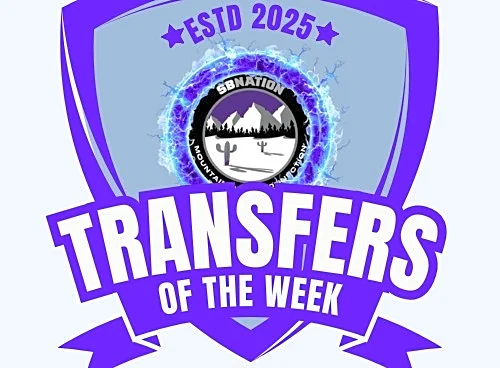What's Happening?
Large companies are increasingly vulnerable to cyber-attacks from new hacking collectives, according to Lester Lim, director for cyber security at S-RM. Despite having substantial resources to invest in cyber defenses, these firms face heightened risks due to the anonymity within their large workforces. Recent incidents, such as the cyberattack on Swiss telecommunications provider Ascom by the Hellcat ransomware group, highlight the threat. Ascom's technical ticketing system was compromised, part of a series of attacks targeting Jira servers. Similarly, Jaguar Land Rover (JLR) experienced severe disruptions after the Scattered Spider group breached its systems, leading to a shutdown of production activities. Lim emphasizes that these groups target well-known brands for their reputational impact, using tactics that blend into the anonymity of large organizations.
Why It's Important?
The rise of hacking collectives poses significant challenges for large companies, impacting their operations and reputations. These attacks can lead to severe disruptions, as seen with JLR, affecting production and retail activities. The anonymity within large organizations provides hackers with opportunities to exploit shared services and employ social engineering tactics. This situation underscores the need for robust cybersecurity measures, including limiting unnecessary privileges, network segmentation, and vigilant monitoring of hypervisors. The financial and reputational stakes are high, as these groups leverage their attacks for ransom negotiations, making cybersecurity a critical priority for large firms.
What's Next?
Companies must enhance their cybersecurity strategies to defend against these sophisticated hacking groups. This includes monitoring for sudden creation of admin accounts, ensuring watertight patching cycles, and increasing staff awareness to prevent social engineering attacks. Vigilance across the workforce is essential, as many tactics rely on catching employees off guard. As hacking collectives continue to target high-profile brands, firms must prioritize cybersecurity to mitigate risks and protect their operations and reputations.
Beyond the Headlines
The ethical implications of these cyber-attacks are significant, as they not only disrupt business operations but also pose threats to consumer data privacy. The cultural dimension involves the growing sophistication of hacking groups, which are increasingly seen as trophy hunters seeking notoriety. Long-term, this trend may lead to increased investment in cybersecurity and a shift in corporate strategies to prioritize digital security.











